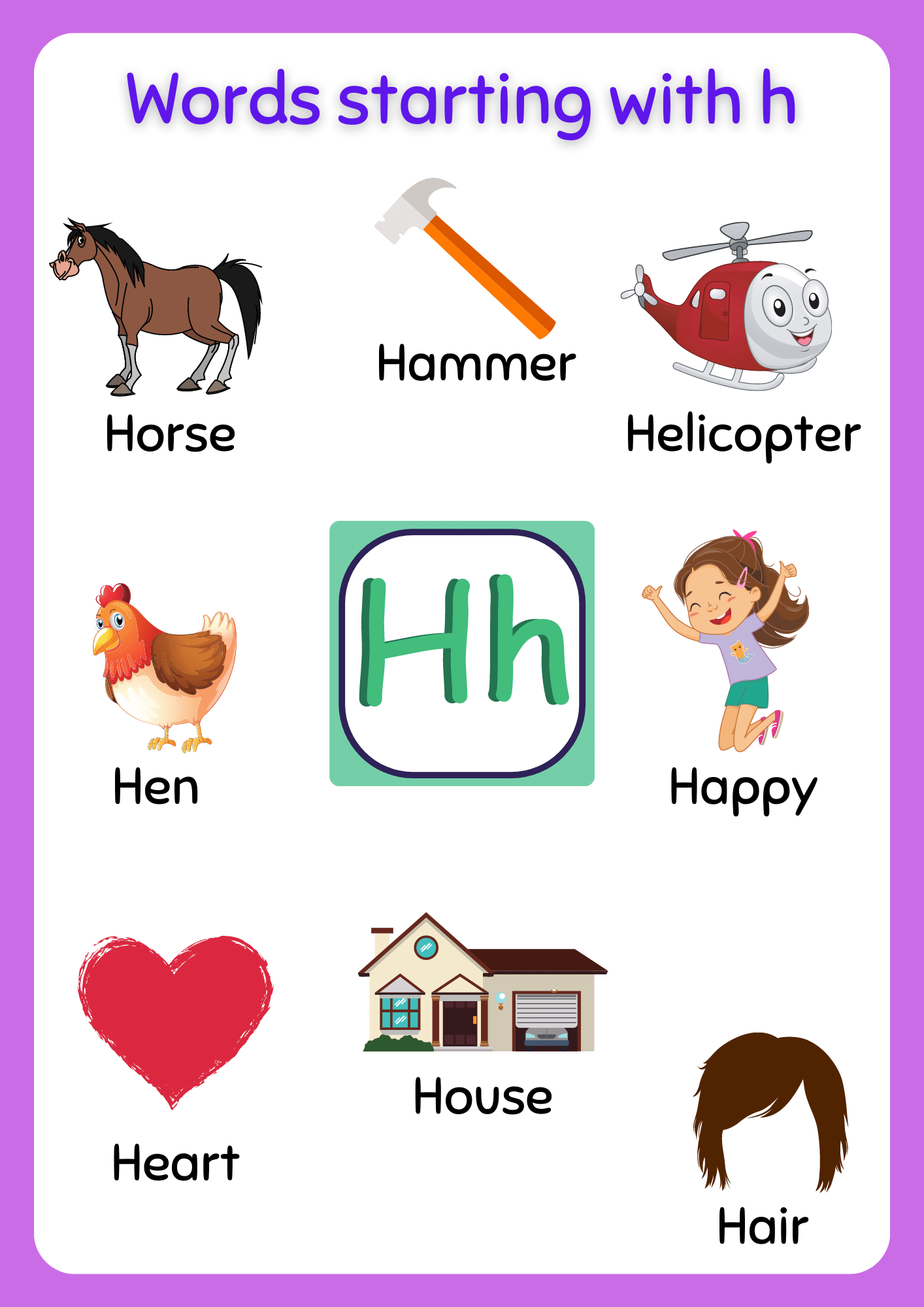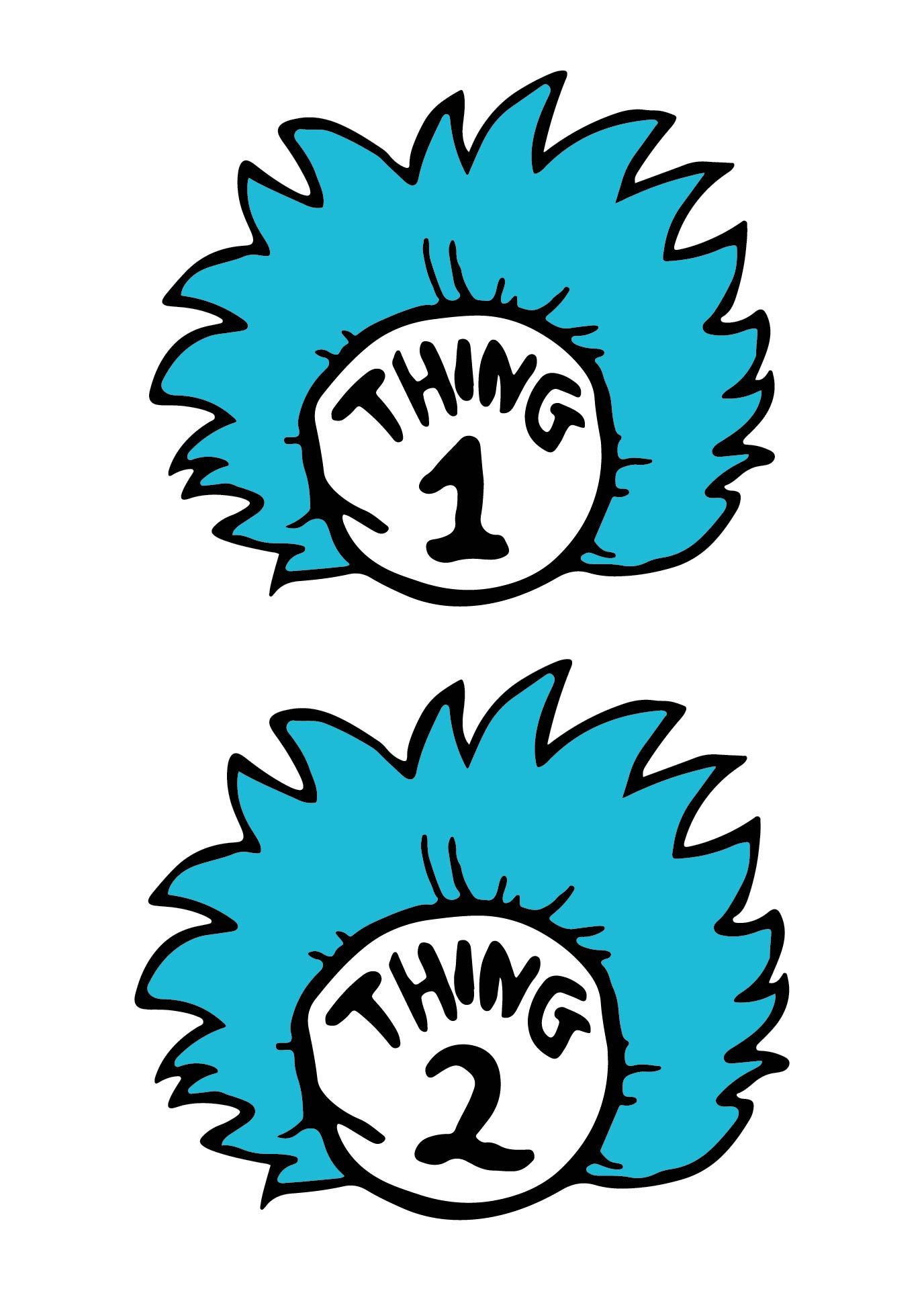Discover Words Starting with Swi: A Quick Guide

In the vast tapestry of the English language, words beginning with “swi” might seem scarce, but they carry unique meanings and uses that enrich our vocabulary. Whether you’re a word enthusiast, a crossword aficionado, or simply curious, this guide delves into the origins, definitions, and practical applications of these intriguing terms. From everyday expressions to niche terminology, let’s explore the world of “swi” words with depth and clarity.
The Linguistic Roots of "Swi"

Many “swi” words trace their origins to Old English, Germanic, or Scandinavian languages, reflecting historical migrations and cultural exchanges. For instance, “swim” comes from the Old English swimman, meaning “to move in or on water.” Understanding these roots not only sheds light on etymology but also highlights how languages evolve.
Linguistic Insight: The "swi" prefix often denotes movement or fluidity, as seen in "swirl" (from Old English *swyrl*) and "swipe" (from Middle English *swipen*). This pattern suggests a connection to actions involving quick, sweeping motions.
Everyday "Swi" Words and Their Meanings

- Swim: To move through water using the limbs. Beyond its literal sense, "swim" also appears in idioms like "sink or swim," symbolizing self-reliance.
- Swipe: A quick, sweeping stroke. In modern usage, it’s synonymous with digital gestures, as in "swipe right" on apps.
- Swirl: To move in a twisting or spiraling pattern. This word also describes chaotic situations, e.g., "a swirl of emotions."
- Switch: A device for directing electrical current, or a sudden change. Its versatility spans technology, psychology ("mood switch"), and botany ("switch grass").
Less Common but Fascinating "Swi" Terms
- Swivel: A pivot allowing rotation. Often used in furniture or machinery, it’s a noun and verb, e.g., "The chair can swivel 360 degrees."
- Swill: To rinse or wash, or a liquid fed to animals. Its informal use refers to low-quality drinks, e.g., "cheap swill."
- Swindle: To deceive for financial gain. This term appears in legal contexts and everyday warnings, e.g., "Beware of online swindles."
Practical Applications in Writing and Conversation
Incorporating “swi” words can add precision and flair to your language. For instance: - Creative Writing: “The leaves swirled in the autumn breeze, painting the sky in golden hues.” - Technical Writing: “Ensure the swivel mechanism is lubricated to prevent friction.” - Everyday Speech: “I’ll swipe my card for the groceries.”
Key Takeaway: "Swi" words are versatile, spanning physical actions, emotional states, and technical concepts. Their historical depth and modern relevance make them invaluable tools for effective communication.
Comparative Analysis: "Swi" Words Across Languages

| Word | English Meaning | German Equivalent | Spanish Equivalent |
|---|---|---|---|
| Swim | To move in water | Schwimmen | Nadar |
| Swipe | Quick stroke | Wischen | Deslizar |
| Swirl | Twisting motion | Wirbeln | Remolino |

Future Trends: "Swi" Words in the Digital Age
As technology advances, “swi” words like “swipe” and “switch” are gaining new meanings. For example, “swipe” now dominates app interfaces, while “switch” refers to cloud-based systems. This evolution underscores how language adapts to innovation.
Pros of Modern Usage: Enhances digital literacy and user engagement.
Cons: Risks diluting original meanings, leading to confusion in cross-generational communication.
Myth vs. Reality: Common Misconceptions About "Swi" Words
"All 'swi' words are related to water." Reality: While "swim" and "swirl" have aquatic ties, "swipe" and "switch" do not. The prefix is more about movement than specific contexts.
What is the oldest "swi" word in English?
+"Swim" dates back to Old English (c. 450-1100 AD), making it one of the earliest recorded "swi" words.
Can "swi" words be used metaphorically?
+Yes, examples include "swirl of emotions" or "sink or swim" to convey abstract ideas.
Are there "swi" words in other languages?
+Yes, but they often have different roots. For instance, "nadar" (Spanish for swim) is unrelated etymologically.
Conclusion: Embracing the "Swi" Lexicon
Words starting with “swi” may be fewer in number, but their impact on language is profound. From ancient origins to modern tech jargon, they illustrate the dynamism of English. By understanding and using these words, you not only enhance your vocabulary but also connect with centuries of linguistic evolution. So, the next time you swim, swipe, or switch, remember the rich history behind these simple yet powerful terms.


